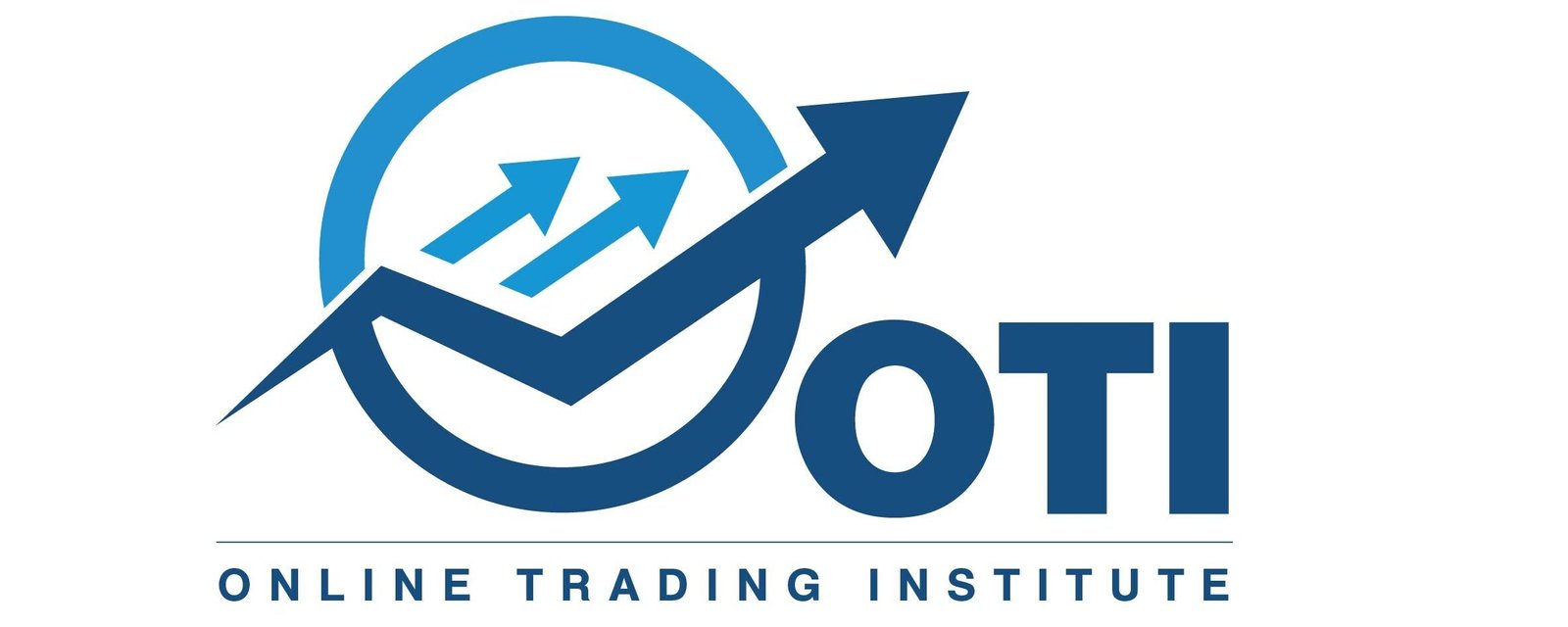What is Demat Account: Importance, Working & Benefits, Documents Required?
Want to Learn Trading, but don’t know what a Demat Account is? Don’t worry, this article will cover all about the Demat Account, its importance and benefits.
What is a Demat Account?
A Demat Account, also known as Dematerialised account, secures your finances like shares, bonds, Mutual Funds, Insurance, Government Securities, and ETFs digitally. It makes you trade quickly and efficiently.
A new era of electronic storage for shares and securities was ushered in in 1996 with the introduction of Demat accounts by the National Securities Depository Limited (NSDL).
Apart from securing your finances electronically, Demat accounts allow for easy access to holdings, simplifying transactions. Understanding what a Demat account is can help people optimise their investments and manage their assets in the electronic arena.

Importance of Demat Account
What is the use of Demat Account?
There is a certain importance of Demat Account you should know, that will help you understand better why in today’s world a Demat Account is essential for anyone trading.
– Swift share transfers.
With the use of Demat accounts, share transfers have become quicker and less complicated, removing the need for paper documents and associated delays.
– Quick Access
With a Demat account, you can easily track and manage all of your investments and statements using net banking.
– Zero Risk
There was always a risk of physical damage, loss, misplacement, or forgery while trading actual assets. Feel secure knowing that all of these hazards are eliminated with demat accounts in India.
– Immediate Transactions
Physical certificate delivery used to take days or even weeks at times because of the administrative requirements to be accomplished. You can avoid the waiting period by using a Demat account, which allows for instantaneous transactions.
– Less Paperwork
Early share transactions required certificates or tangible receipts, which slowed trading and required a lot of paperwork. No transactions were allowed without certificates. Electronic shares and securities are held within Demat Account, hence, simplifying transactions.
Illustration of a Demat Account
Earlier, whenever a person used to buy a share, he had to complete a long procedure of documentation to have the shares in name. Now, with the help of Demat Account, an individual can easily buy and sell shares digitally.
For example, let’s say Mr. A wants to purchase shares in the firm XYZ using his money. A ton of documentation needs to be completed by Mr. A for the shares to be transferred into his name.
However, he can easily purchase shares in his name without the need for extra paperwork with a Demat Account.
So those who wish to invest in the stock market or other markets, can use Demat Account for efficient trading. A Demat Account number is given to you for the settlement of shares and securities electronically.
How does a Demat Account work?
Though it may appear complicated, using a demat account happens to be very simple.
Trading using a Demat account is essentially the same as trading in person. To begin with, after opening a demat account, one must first place an order through the trading account in order to start trading.
The Demat account is credited when shares or securities are purchased and debited when shares or securities are sold. However, it is necessary to link your trading and savings account in order to deal in equity and securities using your demat account.
What are the Types of Demat Account ?
Investors should carefully consider which Demat account type best fits their needs before opening one. All-purpose Demat accounts are the most prevalent kind.
With an online account opening process, any Indian resident or investor can open a regular Demat account in a matter of minutes. There are two different types of Demat accounts in addition to the conventional one. Let’s explore them now.
Types of Demat account:
- Regular Demat Account: The Regular Demat account is designed for local Indian investors who wish to only engage in share trading and require a secure storage facility for their securities. If you are trading in Futures & Options, there’s no need to have a demat account as it requires no storage.
- Basic Services Demat Account: A new type of Demat account introduced by SEBI. This account targets the ones who have yet to open a Demat account.
- Repatriable Demat Account: Individuals who do not reside in India can open this Demat account to transfer their earnings from the Indian market abroad. To receive payments, you will need to open an external account as a non-resident and close your ordinary Demat account in India.
- Non-repatriable account: This account is specifically for the non-residents of India. However, it prohibits the transfer of funds to overseas addresses.
How to open a Demat Account?
- At first you need to look for a DP (Depository Partner).
- Provide your basic details (name, number, email).
- Add your bank details.
- Upload the required documents.
- Do a self-verification by recording a short video of yourself.
- Submit your E-sign.
- Submit your form.
Benefits of Demat Account
There are several benefits associated with the opening of a Demat account. Given below are some of the benefits:
- Easy Tracking – You are eligible to receive monthly statements on your email address and mobile device when you open a Demat account. Monitor your account activity and control actions with the tracking features.
- Effortless Service – Simple and Quick integration of your bank account. Using UPI and net banking, you can conduct transactions with more than 40 banks without any problems.
- Low Cost of Transaction – There are very minimal charges of transaction for the Demat account.
- Zero Stamp Duty – According to the new recommendations issued by the market regulator SEBI, investors are no longer needed to pay stamp duty when opening demat accounts.
- Easy Storage – A Demat Account allows you to store and exchange shares in any amount, making record-keeping easier.
- Nomination Facility – Demat Accounts include a nomination option, which ensures a smooth transfer of holdings and avoids legal problems in the event of one’s death.
Also Check : Know the Perks and Pitfalls of Having a Demat Account
Eligibility to Open Demat Account
Required documents for the proof of identity to open the demat account.
- Resident individuals
- Minors
- Non-resident Indians
- Minors must have a guardian/parent manage their account until 18.
- Non-individuals in certain groups can open Demat accounts:
- Corporate entities
- Partnership enterprises with partner named Demat accounts
- Registered/unregistered trusts with trustee named Demat accounts
- Limited Liability Partnership (LLP)
Documents Required to Open Demat Account
Proof Of Identity:
- PAN card
- UID or Unique Identification Number (Aadhaar Card)
- Identity (with applicant’s photo) attesting document issued by any of the following agencies:
- Central or State Government
- Regulatory bodies
- PSU companies
- Scheduled commercial banks or public financial companies
- Universities
- Professional bodies like ICAI, ICWAI, among others can issue it for their members
Proof of Income:
- ITR copy
- Photocopy of Audited annual accounts (should be audited by qualified CA)
- Salary slip
- Statement of Demat Account with legitimate DPs
- Cancelled personalised cheque.
- Bank account statements for last 6 months
- Documents to substantiate ownership of assets.
- Power of Attorney or POA
Conclusion
Demat accounts have become the need of Online Trading. If you want to trade online, you need to have a Demat account. It makes your trading easier. With a Demat account, you don’t need to worry about your trades, they are kept safe & secure in your Demat account.
Get access to market news, updates and trends; follow our telegram channel @onlinetradinginstitute
| Disclaimer: The sole purpose of our financial articles is to provide you with educational and informative content. The content in these articles does not intend any investment, financial, legal, tax, or any other advice. It should not be used as a substitute for professional advice or assistance |






